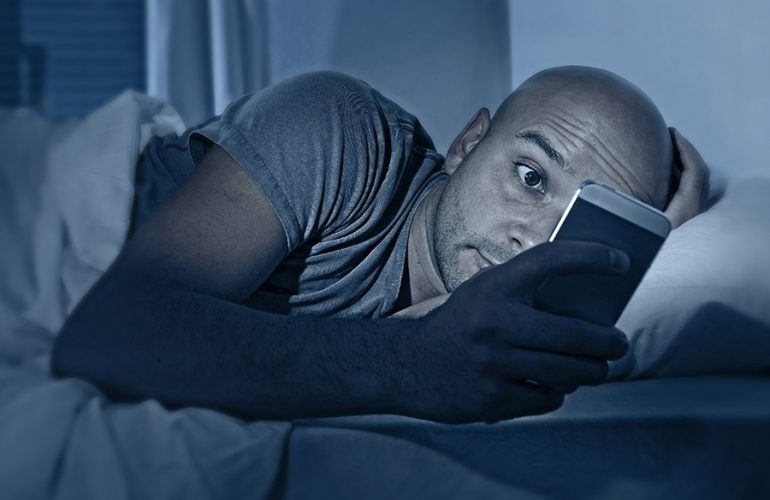Sleep, like anything else, can be good or bad in quality, and often times it’s everything in-between – including restless. One of the major causes of this broken, restless sleep is stress (we know, we know…big surprise there) – after all, this is the body’s way of rising to a challenge and preparing for it by way of strength, stamina, focus and heightened awareness, even if we don’t exhibit all these qualities right away during outbreaks. Still, there are times when chronic hypertension and anxiety can keep us up at night or invoke the dreaded “fight or flight” response that doesn’t seem to disappear…even when we need to relax and get to dreaming.
So what exactly does tensity do to the body in the long term when it comes to sleep?
One effect is that it can cause sleep deprivation; frequently being in a heightened state of awareness can delay the onset of sleep and cause rapid, anxious thoughts to occur at night. Insufficient sleep can then, in turn, cause further distress.
Sweet Sleep Studio Not-So-Fun-Fact: According to a National Sleep Foundation survey, 43-percent of people aged 13 to 64 have reported lying awake at night because of tensity at least once in the period of a month.
Younger Americans – i.e. Millennials and “Gen Xers” – report getting fewer hours of sleep per night on average and are more likely than other adults to stipulate that they do not experience positive sleep and have more trouble achieving their sleep goals. What’s more, younger adults, we have found, are more likely to say they feel taxed by a lack of sleep.
Let’s break it down succinctly, now: anxiety and sleep enjoy a two-way relationship. Tension can lead to loss of sleep and, conversely, loss of sleep can increase tension. While the links between distress and sleep are ultimately complex, research we have looked at demonstrated several distinct effects anxious feelings have on nighttime rest.
These include:
- Difficulty Falling Asleep – Tension often increases how long it takes to fall asleep, with those suffering from higher levels of anxiety and more chronic tensity being more likely to experience insomnia.
- Altered Sleep Architecture – This describes the “structure” of sleep including “slow-wave sleep” (important for maintaining physical and mental health) and REM sleep, with research showing that REM sleep may increase or decrease during times of unease.
- Nighttime Awakening – Feeling like the world is upon one’s shoulders can cause people to wake up more often during the night.
- The Nightmare Factor – Research suggests that mental strain can increase the frequency and severity of nightmares.
Occasional tension at bedtime is inevitable, but having a plan for coping with these sensations can help you prevent it from interfering with your sleep. To learn more about how to combat sleep-robbing stressors, get in contact with Sweet Sleep Studio by calling (913) 309-5963.




